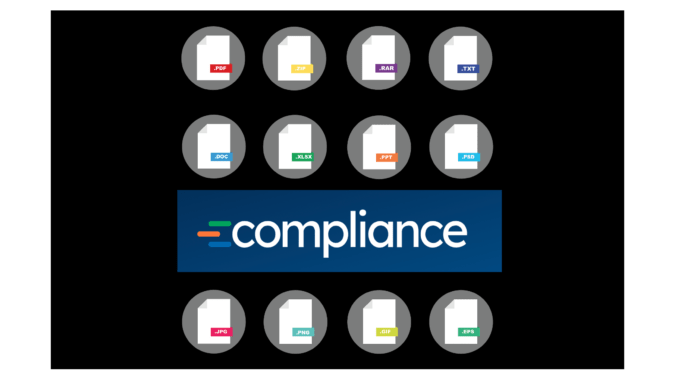
Compliance is best known for its work in the eDiscovery sector, but it now has its strategic sights set on contract analysis for transactional review, e.g. M&A deals, and legacy contract data extraction for CLM. It also will be partnering with DocuSign.
It has made several new hires to achieve this goal, which can be summed up by saying that the aim now is to do to contract analysis what the market did with eDiscovery over the last decade or so. I.e. to bring together NLP expertise, tech to support workflow and doc analysis, and also the service teams to handle this work outside of the traditional law firm model.
And this makes a lot of sense. Both eDiscovery and contract analysis have a lot in common – albeit with very different end goals. But, much is similar, and Compliance believes it can take the contract analysis industry onwards by utilising the same approach.
To learn more about this, Artificial Lawyer spoke with Steven Harber, Compliance’s Executive Chairman, who joined from NLP pioneer Seal Software after it was sold to DocuSign, and also Charles Post, an expert in contract analysis, previously at JDX Consulting, and now Executive Vice President, Contract Analytics & Lifecycle Management. And, it’s worth noting, JDX also worked very closely with Seal.
As Harber explained: ‘Contract analysis today is 2005 for eDiscovery. There are no clear winners, but the market will become more mature.
‘At Compliance we have three parts now, the eDiscovery, the event-driven contract analysis, and the CLM work, looking at legacy contracts.’

He noted that in the early days of eDiscovery it was an expensive process, with law firms on one side ‘charging $25 to review an email, when today it’s more like $1’ because of specialist service providers, while on the other side of the market you had the Big Four handling very large review tasks that firms couldn’t manage themselves.
Eventually things changed, more specialised businesses for handling the eDiscovery work emerged. They focused on this and just this type of work. They grew more efficient and the prices came down. And eDiscovery flourished. The same can happen for contract analysis. In a nutshell this is the thesis of Harber and Post, and Compliance.
Post added: ‘There are lots of tools in the market, but few can fill the implementation gap. We understand it all. It’s the next evolution in this sector.’
But can they cover it all? Well, they’ve got eDiscovery sorted, that is true. They work with several partners, including DISCO, and have a track record there.
Now, in relation to contract analysis, Harber was at Seal, then before that Apogee Legal, the group that developed custom-made NLP ‘recipes’ for Seal to meet specific client needs. (Apogee was later bought by Seal). Post also worked on similar matters for Seal, especially around complex financial contracts, such as for derivatives.
Now comes DocuSign, which has bought Seal and also CLM company SpringCM, which it also acquired to bolster its Agreement Cloud capabilities.
Compliance can work closely with DocuSign to apply its capabilities, i.e. its recently hired capabilities in NLP for contract analysis, as well as having the services capability to handle the workload. And it’s worth noting that DocuSign, as Harber explained, doesn’t want to become a professional services provider – it wants to remain focused on being a software company. I.e. Compliance has the people to bring to bear when needed for major tasks.
So, there should be a huge opportunity for Compliance. It has experience on major projects via eDiscovery, now it has the expertise in contract analysis, and it has links to DocuSign, which now owns Seal. It all connects and there is plenty of expertise there.
As Harber noted: ‘We will build a centre of excellence (for contract analysis) for clients.’
And now for something this site didn’t realise. Compliance is itself part of a much bigger company called System One, which is a $1 billion revenue business, owned by the Oaktree-Brookfield private equity group.
System One has over 800 employees, while Compliance’s staff has doubled since last year with currently over 80 full-time employees, but also with on average nearly 500 contract attorneys working with them each week.
Post added: ‘We are expecting to continue our rapid growth with plans to be at least 100 full-time employees by the end of 2021 and upwards of 150 by 2022, showing nearly 400% growth in just two years!’
So, that’s another aspect to this. The owners of Compliance have huge resources and can fund the team growth needed to make a big impact on the contract analysis side of things.
Let’s give the last word to Harber: ‘My view is that we can build a new type of business, where AI experts can work on contracts and eDiscovery. That then allows us to scale.’
Compliance believes it can put everything together to make its strategy work. They have every chance of succeeding.
That quote is pretty much spot on: “Contract Analysis is Where eDiscovery Was in 2005” – absolutely